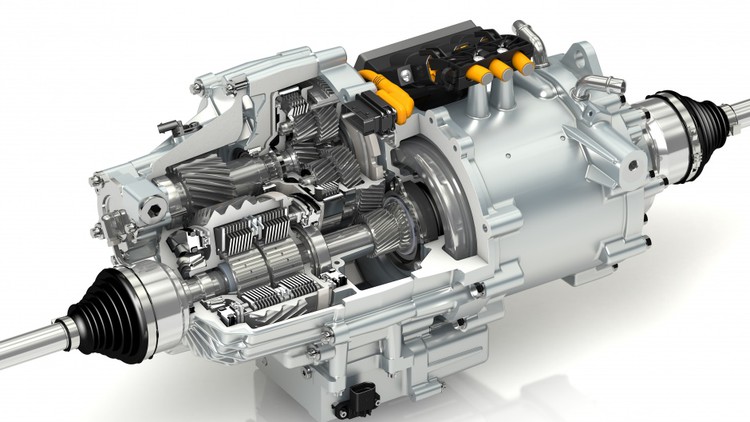Electric Motor Design for Electric Vehicle's - Case Studies

Why take this course?
Electric Motor Design for Electric Vehicle's - Case Studies
🚗 Advanced Level Course
Dive deep into the powertrain technology of automotive OEMs with real-world case studies!
Course Headline:
Unlock the Secrets of EV Powertrains 🚀
Discover how top automotive manufacturers are shaping the future of electric mobility through in-depth analysis and design innovations.
Course Description:
Welcome to the comprehensive course on Electric Motor Design for Electric Vehicle's, where you will explore the intricacies of electric powertrain technology as utilized by leading Original Equipment Manufacturers (OEMs). This course is meticulously crafted to equip you with a deep understanding of the power train level targets that automotive manufacturers are striving to meet in the upcoming years and how these targets significantly influence the development of E motors.
Key Learning Outcomes:
- Electric Drive system Targets: Learn about the CO2 footprint reduction goals and the driving forces for electrification, which are pivotal in shaping the electric vehicle market.
- Electrification targets pushing the industry forward
- Understanding the importance of reducing emissions
Evolution of Nissan Leaf: Trace the progression of one of the world's most popular electric vehicles from 2011 to 2018, and understand the technological advancements that have led to improved performance and efficiency.
-
Interior PM Magnet Motors and Induction Motors: Gain insights into the differences between these two motor types and their roles in EV propulsion systems.
-
Magnet Arrangements & Impacts on Motor Performance: Discover how the arrangement of magnets within an electric motor can drastically affect its performance and efficiency.
- Reduction strategies for rare earth elements
- Physical design changes that enhance efficiency
-
Light Weight Design and Manufacturing Techniques: Learn about innovative lightweight design and manufacturing techniques that are crucial for improving the efficiency and performance of EV propulsion motors.
-
System Integration & Impacts on NVH (Noise, Vibration, and Harshness): Understand how motor design impacts NVH and the strategies used to minimize these unwanted effects.
- Sensitivity Analysis & NVH Optimization
- The effects of NVH on motor torque and acceleration performance
-
Harmonic Content of Radial Force Density: Analyze the importance of optimizing the slot, slot liner, poles, and winding to minimize the harmonic content in the radial force density.
-
Cadillac Hybrid's Motor Selection Strategy: Explore the case of General Motors and their use of two motors for powertrain efficiency and how this strategy impacts the overall system's performance.
- Understanding the selection rationale behind using Induction and PMSM (Permanent Magnet Synchronous Motor) Motors in Hybrid Vehicles
-
Advanced Sensor Applications: Delve into the role of advanced sensor applications for better control of EVs and HEVs.
- Selection Criteria for Position Sensors
- Sensor Mounting Methodologies and their significance on accuracy
- The importance of sensor angle calculation and error definition
-
Resolver Rotor Position Signal Processing System: Get an in-depth look at how a resolver rotor position signal processing system functions and its role in accurate motor control.
By the end of this course, you will have a thorough understanding of the critical aspects of electric motor design for EVs, from powertrain technology to sensor integration. Whether you're an engineer, designer, or enthusiast looking to expand your knowledge in electric vehicle technology, this course is tailored to provide you with the insights needed to stay ahead in the rapidly evolving automotive industry. 🔋⚡
Join us on this electrifying journey and transform your expertise in electric motor design for the future of transportation! 🌟
Loading charts...